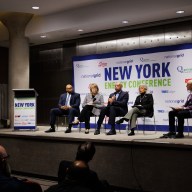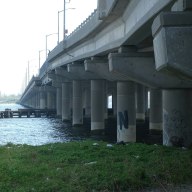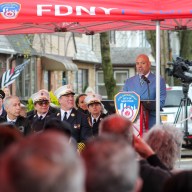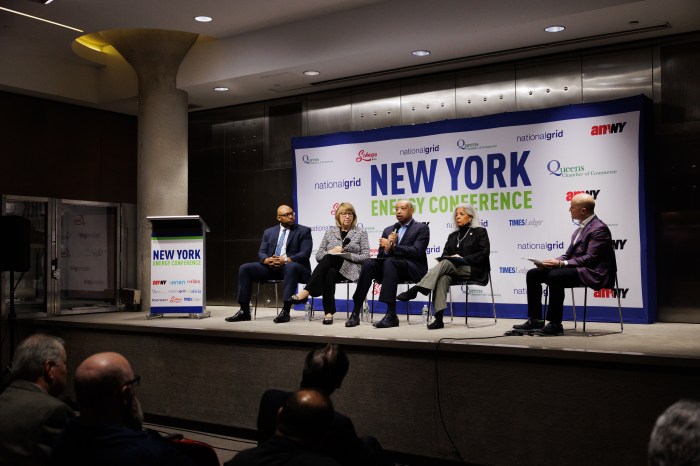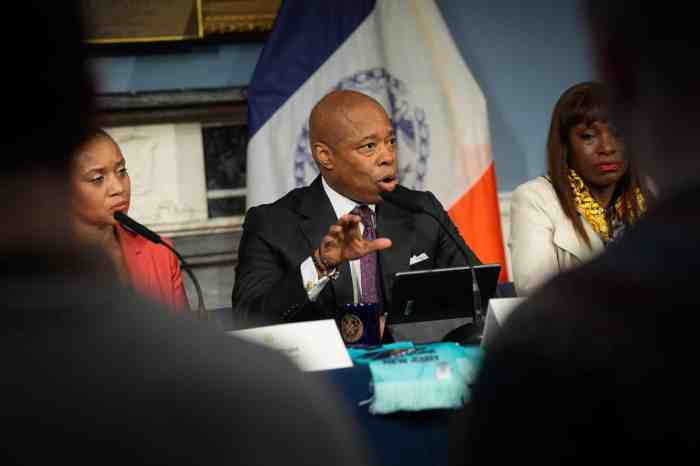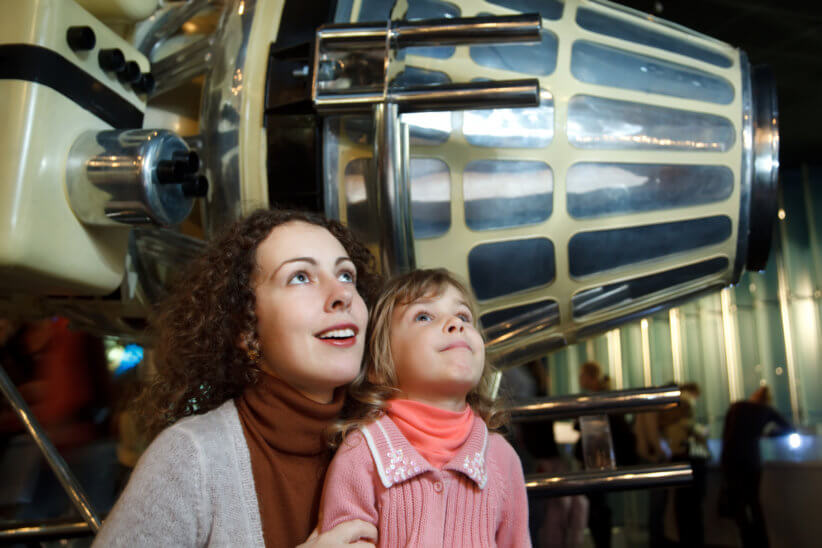By Kathianne Boniello
The U.S. Army Corps of Engineers project manager for the cleanup of chemicals at Fort Totten in Bayside is pushing to “revitalize” the civilian advisory board despite protests that the move is an attempt to punish the group.
David Brouwer of the Army Corps, who returned to supervise the Fort Totten project last fall after a two-year absence, said the effort was made to organize the Restoration Advisory Board, or RAB, as a group because it seemed to have no formal procedures or membership during the past year.
“I don't really understand some of the concerns being expressed,” Brouwer said Monday. “There are four to five people who attend all the meetings, and seven or eight who go to some. Even on a good day we seldom have 12 community members in the room for the same meeting.”
The new RAB would have 20 members, according to the Army proposal, with eight coming from local, state, and federal agencies and 12 representing the community. A three-person panel will review the applications. The panel includes: Frank Skala, a Bayside civic leader and former RAB member; Gene McSweeney, a member of the current RAB who represents state Assemblywoman Ann-Margaret Carrozza (D-Bayside); and David Oats, editor in chief of the Queens Courier weekly newspaper.
The deadline for applications is Sept. 15, Brouwer said.
Richard Jannaccio, civilian co-chair of the RAB, had vigorously protested the move after it was presented to the group in May. In July, he called for Brouwer to be removed from the project, and told the Times/Ledger the effort to reorganize the group was “an obvious attempt to turn the RAB into another rubber stamp for the Army.”
Mercury was discovered at the Civil War-era fort in 1985 by the U.S. Coast Guard, which shared the base with the Army. Army Corps officials said the metal was present after years of repairs to mercury-filled torpedo guidance systems, which were maintained at the fort.
The Army, which vacated the base in 1995, agreed to a mercury clean-up effort in May 1998.
The city was slated to take over the base as parkland in less than a year and a half.
The proposal to change the RAB came from Chaloux Environmental Communications Inc., a group which works with RABs at environmental sites across the country as a liaison between community and government. CEC Inc. has been providing the minutes and handling the mailing list for the Totten RAB since February at the request of the Army Corps of Engineers.
Brouwer and Donna Stratford, the project manager for CEC, stressed that the proposal is meant to include more community members, and both say they want the current RAB members to reapply for their positions.
“We have depended on you in the past to provide us with advice and a perspective that can only come from the people in the community,” Brouwer wrote in his Aug. 15 letter on the decision to formalize the RAB. “We appreciate the time and effort that you have put into the Ft. Totten Coast Guard Station RAB and hope that you will continue to be part of our Board.”
While many RAB members have expressed frustration at the slow pace of the clean-up effort and a few have quit because of it, Brouwer had a different opinion.
“I wouldn't say that,” he said when asked if he thought the clean-up had been slow. “I will admit it took a long time – from January to May – to get a consensus about what's going on out there.”
The Army was awaiting test results for contaminants at the base and in Little Bay, most of which were expected by this October.
Brouwer said if the results show little risk from the chemicals on the base, the Army's work “could be done essentially in January.” But if the tests reveal the need for clean-up, he predicted another one to two years of work for the Army Corps.
Brouwer said applications for the new RAB were available at the Bay Terrace library, or by calling the Army Corps toll free at 877-607-0580.







